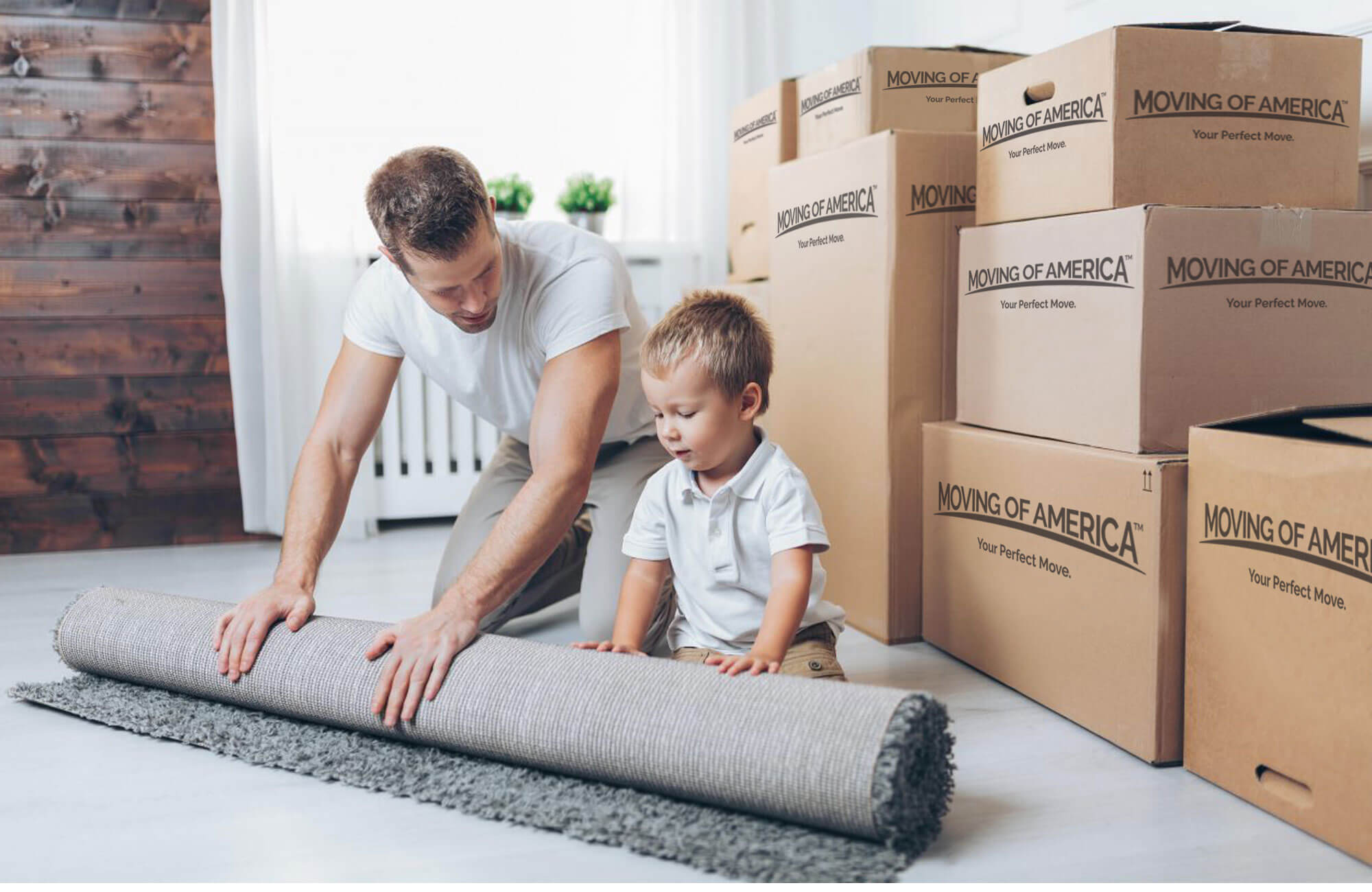“How am I supposed to get that bulky couch through the door and into the truck? It sure appeared less colossal back then. And, the kitchen, where does one even start? Are my plants going to make it?” These are all legitimate questions once you realize you’re way behind your packing schedule and the panic starts setting in. To ease your disquiet, here are some good news; as monumental as these tasks may appear (and they truly are), the vast majority of your worldly possessions will make it to your new destination, no matter how clumsily or inadequately you pack them. A few bumps here and there on the road can’t do them much harm. But, here’s the unexpected part – if you are considering taking liquids with you, it might be the most elaborate and time-consuming thing you’re bound to experience during packing season. To ensure a successful (and SAFE!) transportation, here’s a guide on how to pack liquids for moving purposes.
Knowledge is power
Once you find your trusted moving company and opt for their moving services, you should expect to be provided with a “non-allowables” list. It should make the liquid packing process easier on you, as you’ll know exactly what’s prohibited and what’s not. The sooner you get acquainted with the “hazardous items” list, the sooner you’ll know if it’s worth all the padding and snuggling trouble.

Know your “non-allowables” before packing.
Before you pack liquids for moving
As you go through the list, you will find some items to be rightfully recognized as such, while some may leave you in a state of utmost perplexity. “Nail polish? Fertilizer? Seriously?” Seriously. Fertilizer has been known to cause absolute mayhem, due to ammonium nitrate. If you can make a bomb out of something, don’t pack it. Explosive, flammable, corrosive – if the item you’re holding is any of the three – we advise against packing it. Let’s take a look at some examples from this little, black book:
- Any kind of paint or paint thinners
- Lighter fluid
- Aerosols –deodorant, hairsprays
- Rubbing alcohol
- Oxygen
- Automotive chemicals
- Astringents (also mouthwash)
- Nail polish/removers
- Pesticides
- Fuels (any kind, really)
- Bleach
- Poisons (can’t argue with that)
- Pool chemicals
- Cleaning supplies
- Fire extinguishers
- If you plan on using an airline to get to your new home address, you should be aware of liquid regulations when it comes to packing.
Now, how does one pack liquids for moving? (the benevolent kind)
Whether it’s commercial moving you’re undertaking or a residential one, you’re in for some serious supply preparation.
Cardboard is not your friend
Although cheaper and eco-friendly, cardboard boxes are something you’d want to use for other packing purposes, since the material itself is not liquid-proof. If you don’t pack your liquids right, it’s going to be a pool party on wheels, and your precious furniture is attending.

Cardboard boxes are unable to obtain liquid, if spilled.
Plastic bins are your friends
Plastic is sturdy, that’s why we like it. (today, at least) Not only it gets everything to stay in its place (if packed properly), but it’s also transparent, so you don’t have to physically open the box and double check for signs any signs of leakage. You just need to take a glimpse before loading it into the truck. All good!
Tape Tape Tape
It goes without saying, factory sealed containers are a big yes (if not explosive, flammable or corrosive), as it prevents potential leaks. But! If you are sentimentally attached to your body lotion, or you just want to take that expensive, but half full bourbon bottle with you, there is a way. Simply remove the cap of your beloved container and put some aluminum foil (a plastic wrap would also do), and put the cap back on. Now tape all over that top to seal it.
Ziploc it!
After making sure your liquids are staying put, transfer the containers into a Ziploc bag, but be sure to leave them in the upright position. Close the bag.
Snuggle time
To ensure your liquid valuables’ survival, get some towels or any other cloth-like material (paper would work too, but we can’t call it pampering then), and make sure the bags are nicely cocooned in the plastic bin. Put the lid on, press firmly, check, check again, and you’re done.
What to keep in mind when you pack liquids for moving
Why is it important? By securing your liquids properly, you are not only protecting your other belongings from any possible damage. Moving companies often work with multiple clients, meaning – other people’s belongings could also be on that same truck. Be a good sport, you’d want others to do the same. (If you’re packing yourself a wine crate, it is highly recommended to place buffers between each bottle.)
What to hold on to?
While moving companies can guarantee for moving your antique furniture, fragile belongings – basically anything that could be compensated for, they are somewhat reluctant when it comes to transporting personal, irreplaceable items such as:
- Laptops
- Videotapes/CDs
- Keys
- Cash
- Medical documentation
- Financial documents
- Jewelry
- Business files
- Photographs
- anything of sentimental value, really (or work related). You should pack those with you. Also to bear in mind, food is a big no-no when it comes to moving regulations, especially if your relocation is a long-distance one. (as it may attract pests)
All your personal documentation and “sentimental value” items should go with you.
Finally, be rational when you pack liquids for moving
Yes, we all possess decade-old perfume bottles with just a quarter of an inch of that special nostalgia scent, and the mere thought of departing with memories can bring tears to our eyes. But, if you decide on bringing everything that ever reminded you of anything, you’ll be needing two trucks, and ultimately, two houses. So. Declutter. Clean out your attic, donate, throw things away. Use what you can before your moving date, walk with a perfume cloud around you. Don’t buy new things, unless absolutely necessary. Be rational, pack your liquids safely, and enjoy the ride.


























